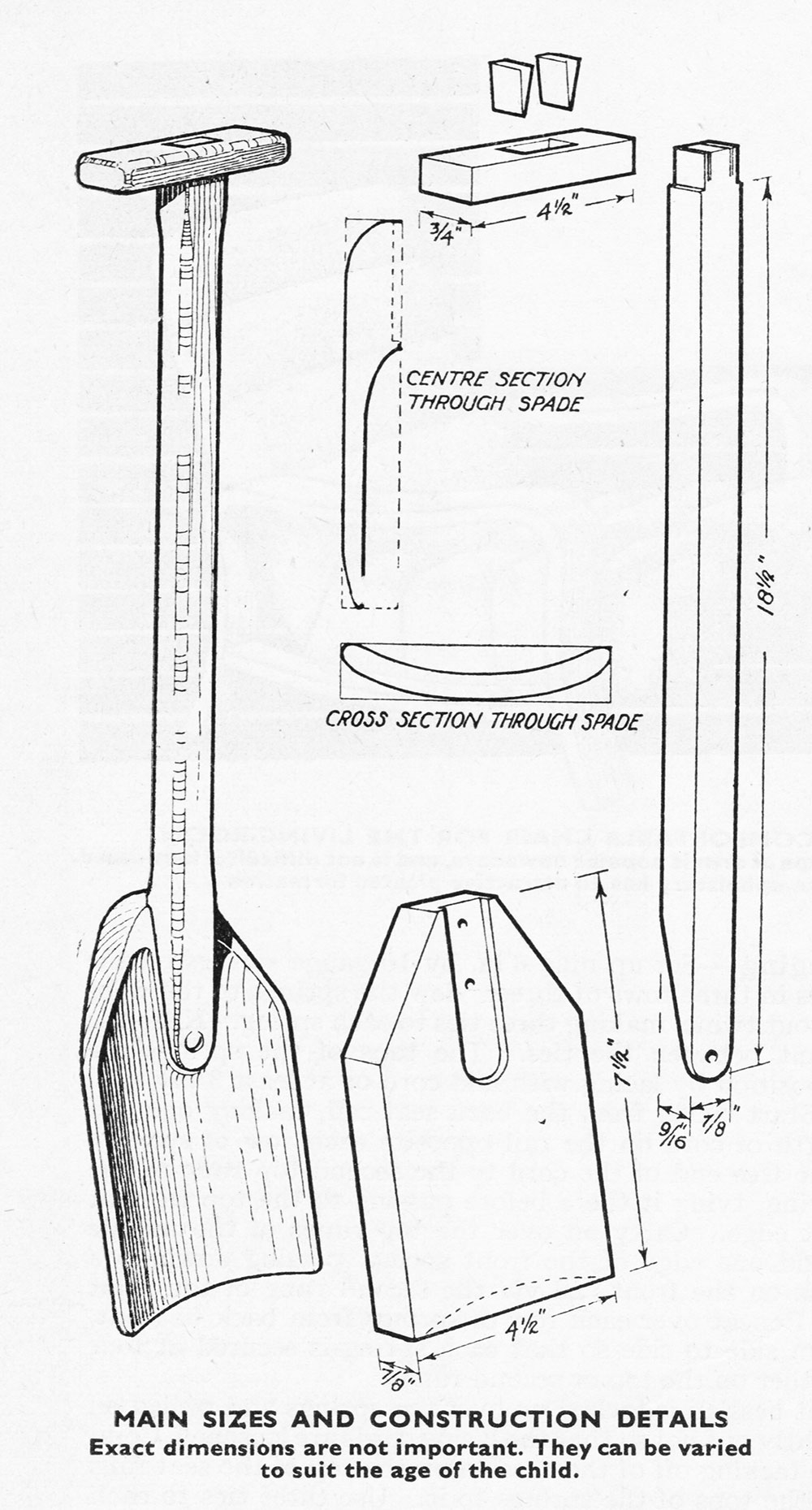
“According to my experience, one usually makes the best kind of plans during a holiday, and not only, I think, because mentally as well as physically we have a breathing space. We are told that the sunken lanes of England represent the old trackways along which men’s plodding footsteps for two thousand years or more battered down the soil till the banks rose high on either side, giving shelter and protection but cutting off the view. Almost inevitably our daily lives get like that, following the routine paths it seems endlessly, till suddenly we are in the clear again and can see the buttercups in the meadows, the kingfisher flashing across the stream and the wide vault of heaven above us. At holiday times, as we move about the countryside, passing through small country towns and villages which have hitherto only been names to us, perhaps made famous in history or perhaps not famous at all yet with some flavour of the past, some magic of a word in them to link them with the dawn of our race, then something stirs in us; something that knows its affinity with the men who cleared this good earth and who laboured and built and passed on the work of their hands to us, and within it the inherent beauty that showed it was good. They built with chalk and flint and stone and wood just where they found them so that the homes they built fit snugly into the countryside as if they grew there, and everywhere we find traces of very ancient craftsmanship which has lived on in one form or another to the present. There is the ancient craft of flint-knapping which goes back two thousand years or more to the time when flint was used by the huntsman before ever man began to build their homes with it; and there is the thatch, the traditional roofing for humble dwellings long before the Saxons came; and there are walls bonded with brick courses in the old Roman style which, like the Roman roads underlying some of our modern highways, are caught up in a living tradition. We get these sudden glimpses of a remote past sometimes when we are least looking for them and they take us back to our roots as nothing else can.
“… There was a time when men, working with their hands, achieved grace and truth as naturally as they breathed because they worked soundly in a sound tradition. To-day we have to relearn these things and make our own standards. If we are willing to keep a high heart, if we hold fast to those moments of vision which we have received outside the bustle of living, then the skill which we learn will wed itself to the skill we have inherited, something older than ourselves which we can pass on to our children and, till heaven and earth pass away, the price and the joy of good workmanship shall not fail.”
— “Ancestral Voices,” Charles Hayward, The Woodworker magazine, 1955

Holy crap Kara, this is a good one.
A very good one. Especially to read while on holiday.
It is a very good one — the last paragraph, in particular, is an epitome of the LAP project. it should go on a poster, with a Morrow-Cribbs engraving of Hayward at work…
And the seaside spade is very charming. Hayward’s lighter work has an attraction of its own — spades, garden furniture, even the occasional birdhouse… Perhaps there is room for a sixth Hayward volume made up of his ephemera, or additional material for “Chips from the Chisel”?
https://blog.lostartpress.com/2017/04/10/in-the-works-honest-labour-by-charles-h-hayward/